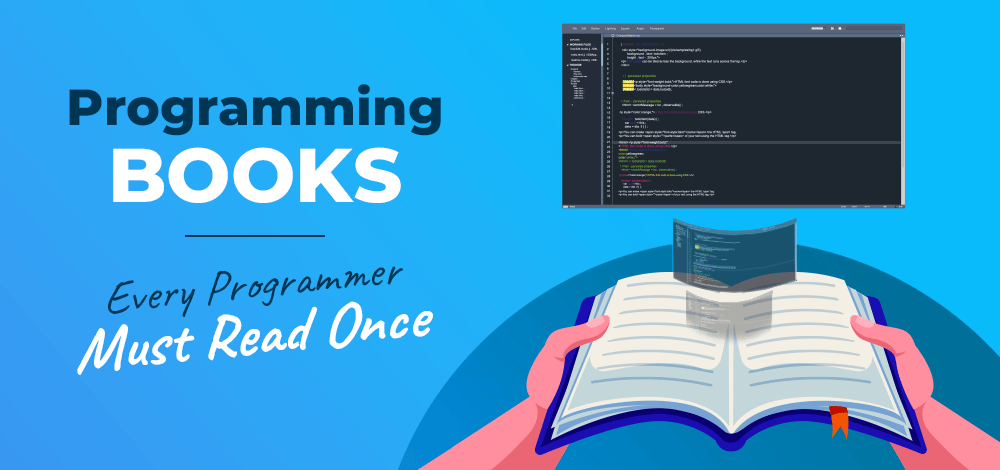Essential Python web development books: A comprehensive guide
In the rapidly evolving world of web development, staying up-to-date with the latest technologies and best practices is crucial. Python, known for its simplicity and versatility, has become a popular choice for web development. This article presents a curated list of essential books for Python web developers, ranging from beginner to advanced levels.

For Beginners
1. "Flask Web Development" by Miguel Grinberg
This book is an excellent starting point for those new to web development with Python. It covers the basics of Flask, a lightweight and flexible web framework. Readers will learn how to build web applications from scratch, including database integration, user authentication, and RESTful APIs.
2. "Django for Beginners" by William S. Vincent
Django, a high-level Python web framework, is known for its "batteries-included" philosophy. This book provides a comprehensive introduction to Django, guiding readers through the process of building web applications with increasing complexity. It's perfect for those who prefer a more structured approach to web development.
Intermediate Level
3. "Two Scoops of Django" by Daniel Roy Greenfeld and Audrey Roy Greenfeld
This book is a collection of best practices for Django development. It covers a wide range of topics, including project structure, database management, and security. The authors draw from their extensive experience to provide practical advice that can significantly improve the quality of Django projects.
4. "Test-Driven Development with Python" by Harry Percival
Testing is a crucial aspect of web development. This book teaches how to apply test-driven development (TDD) principles to Python web projects. It uses Django as the primary framework but also covers Flask and other tools. Readers will learn how to write and run automated tests, ensuring their web applications are robust and reliable.
Advanced Topics
5. "High Performance Python" by Micha Gorelick and Ian Ozsvald
While not specifically about web development, this book is invaluable for developers looking to optimize their Python code. It covers profiling, parallelism, and other techniques to make Python applications faster and more efficient. These skills are crucial for building high-performance web applications.
6. "Fluent Python" by Luciano Ramalho
This book dives deep into the Python language itself. While it's not exclusively about web development, the advanced Python concepts covered here can significantly improve a developer's ability to write clean, efficient, and pythonic code in any context, including web development.
Specialized Topics
7. "Build AI Applications with FastAPI" by Simeon Emanuilov
For developers interested in building AI-powered web applications, this book offers a practical guide to using FastAPI, a modern Python web framework. It covers the integration of large language models and demonstrates how to build scalable AI applications. While focused on a specific niche, it provides valuable insights into combining AI with web development.
8. "Build RAG Applications with Django" by Simeon Emanuilov
This book explores the implementation of Retrieval-Augmented Generation (RAG) systems using Django. It's an excellent resource for developers looking to incorporate advanced AI capabilities into their web applications. The book covers topics like integrating vector databases and leveraging AI models within a Django framework.
Conclusion
The world of Python web development is vast and constantly evolving. These books provide a solid foundation and advanced knowledge to help developers at all levels improve their skills. From Flask and Django basics to advanced topics like performance optimization and AI integration, there's something here for every Python web developer.
Remember, the best way to learn is by doing. As you read these books, try to apply the concepts in real projects. Happy coding!

